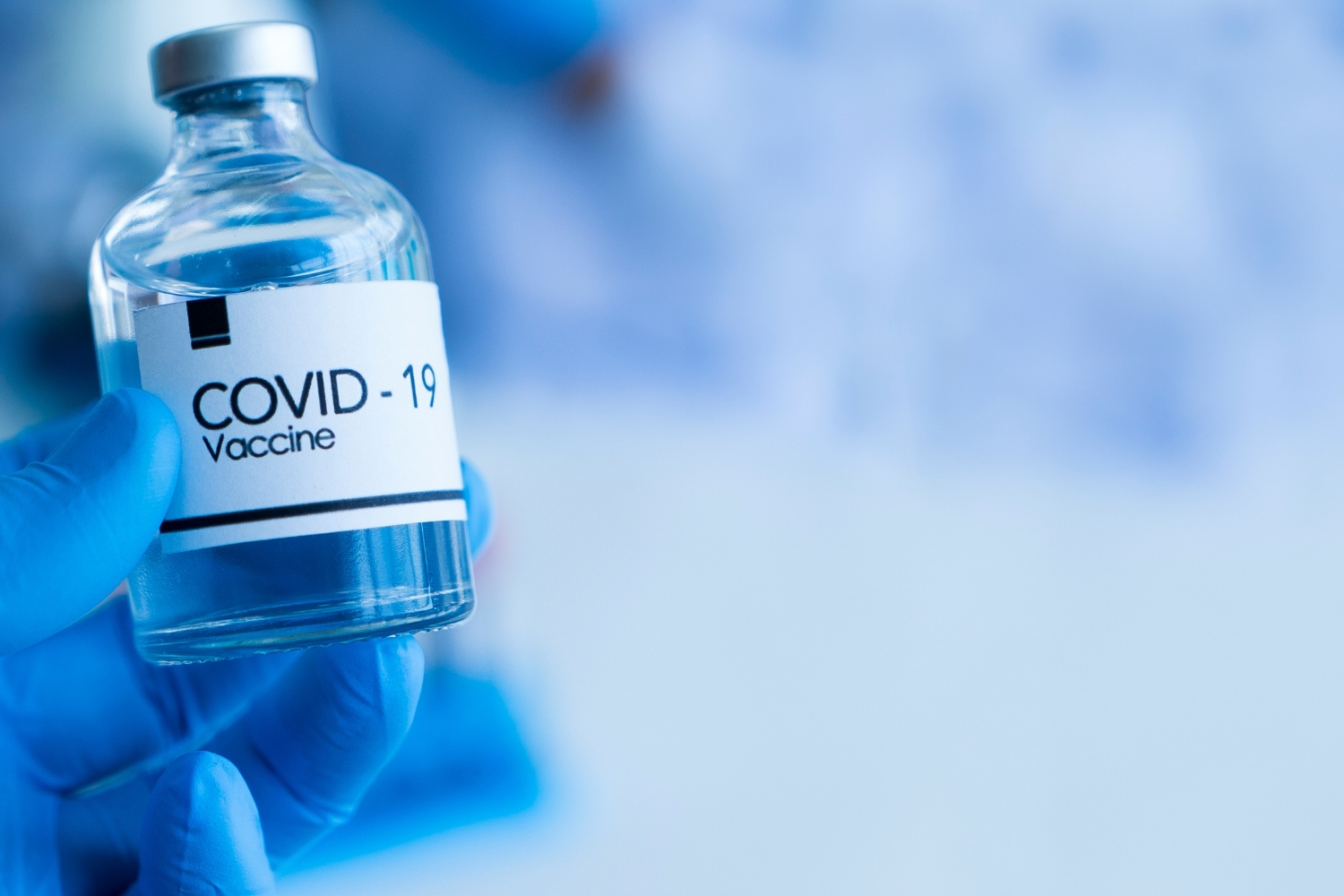COVID-19 Vaccine for Rheumatology Patients
Is it necessary for me to have the COVID-19 vaccine?
Yes.
Patients with rheumatic and autoimmune disease are more likely to get severe COVID-19 with worse outcomes compared to the general population.
Is there a preference for any particular type of vaccine?
No.
- There is no preference for one type of vaccine over another unless there is allergy to any component used in the vaccine.
- All available vaccines in Malaysia that have been approved by the National Pharmaceutical Regulatory Agency (NPRA) are safe and effective.
Should I take the 2nd dose of the vaccine?
Yes.
- Unless there was a severe allergic reaction to the 1st dose of the vaccine.
- The 2nd dose gives more long-term protection from COVID-19 infection.
Will the medications I’m taking affect the vaccine?
Possibly.
Some medications may cause a reduced response to the vaccine compared to people who do not take these medications.
Should I stop the medications I’m taking before or after the vaccine?
- DO NOT STOP your treatment without advice from your doctor as this can cause a flare of your disease.
- Please consult your doctor if you are on these medications:
- Methotrexate
- Tofacitinib
- Baricitinib
- Upadacitinib
- Cyclophosphamide
- Rituximab
Are they any side-effects from the vaccine?
- Some people may get mild side effects e.g. pain at the injection site, headache, muscle ache, fever, and fatigue.
- Serious reactions like allergic reactions are very rare. If you have any concerns, please consult your doctor.
Do I need to continue to wear mask, practice good hand hygiene and social distancing after being vaccinated?
Yes.
- It is important to continue practicing these measures until as many residents as possible have received the vaccine to prevent transmission of COVID-19.
- Vaccines take time to work, and you may not be completely protected until your vaccination schedule is complete.


